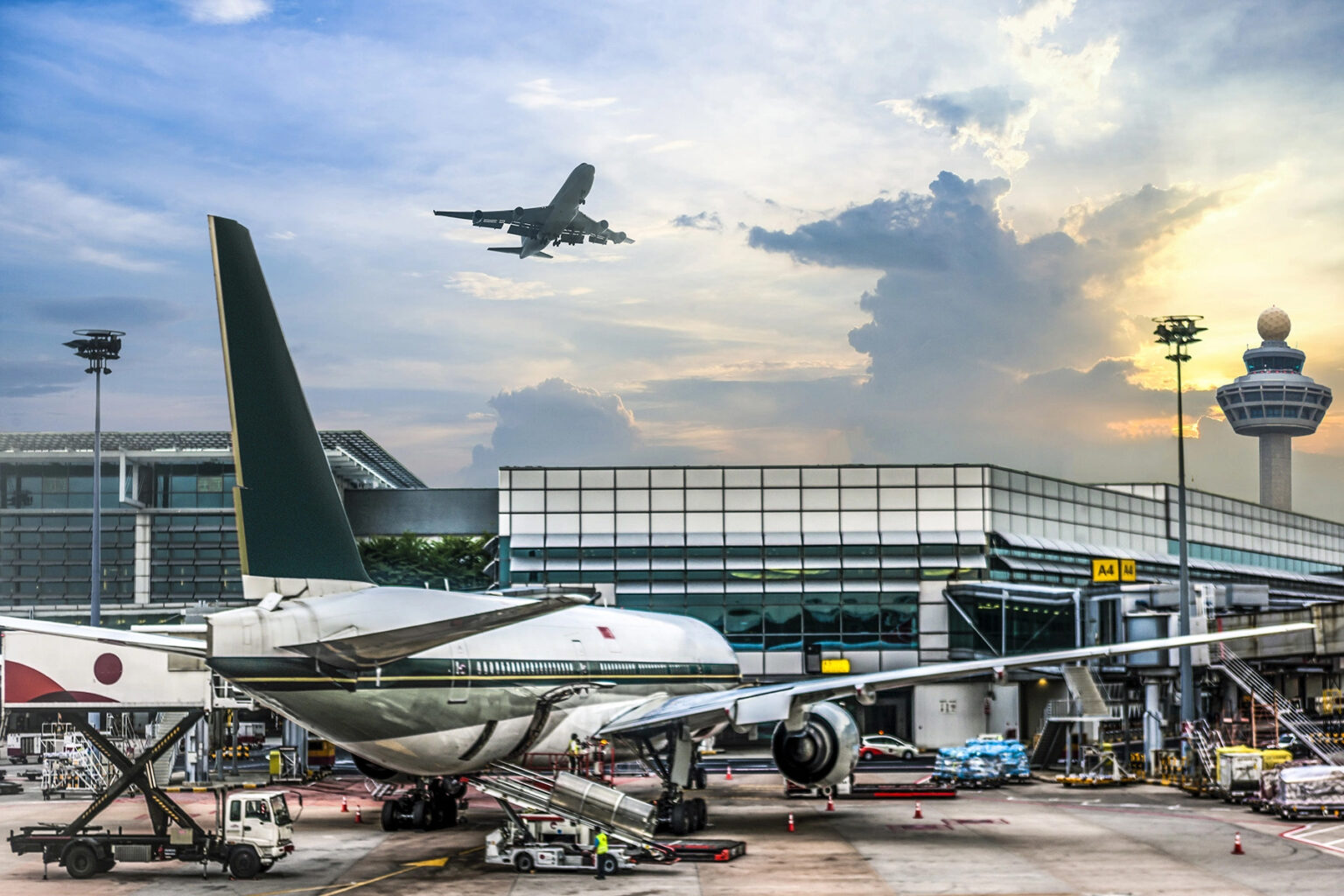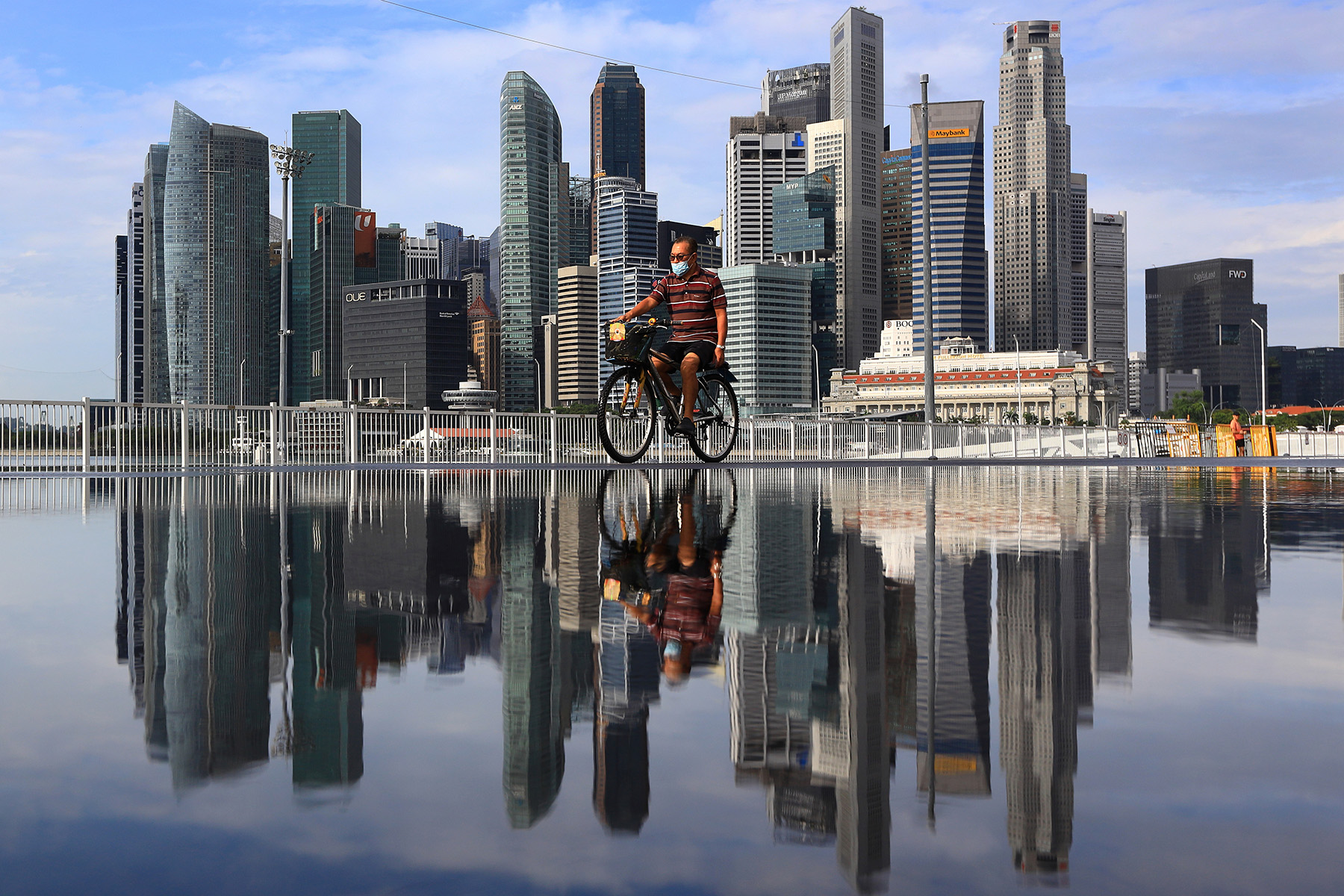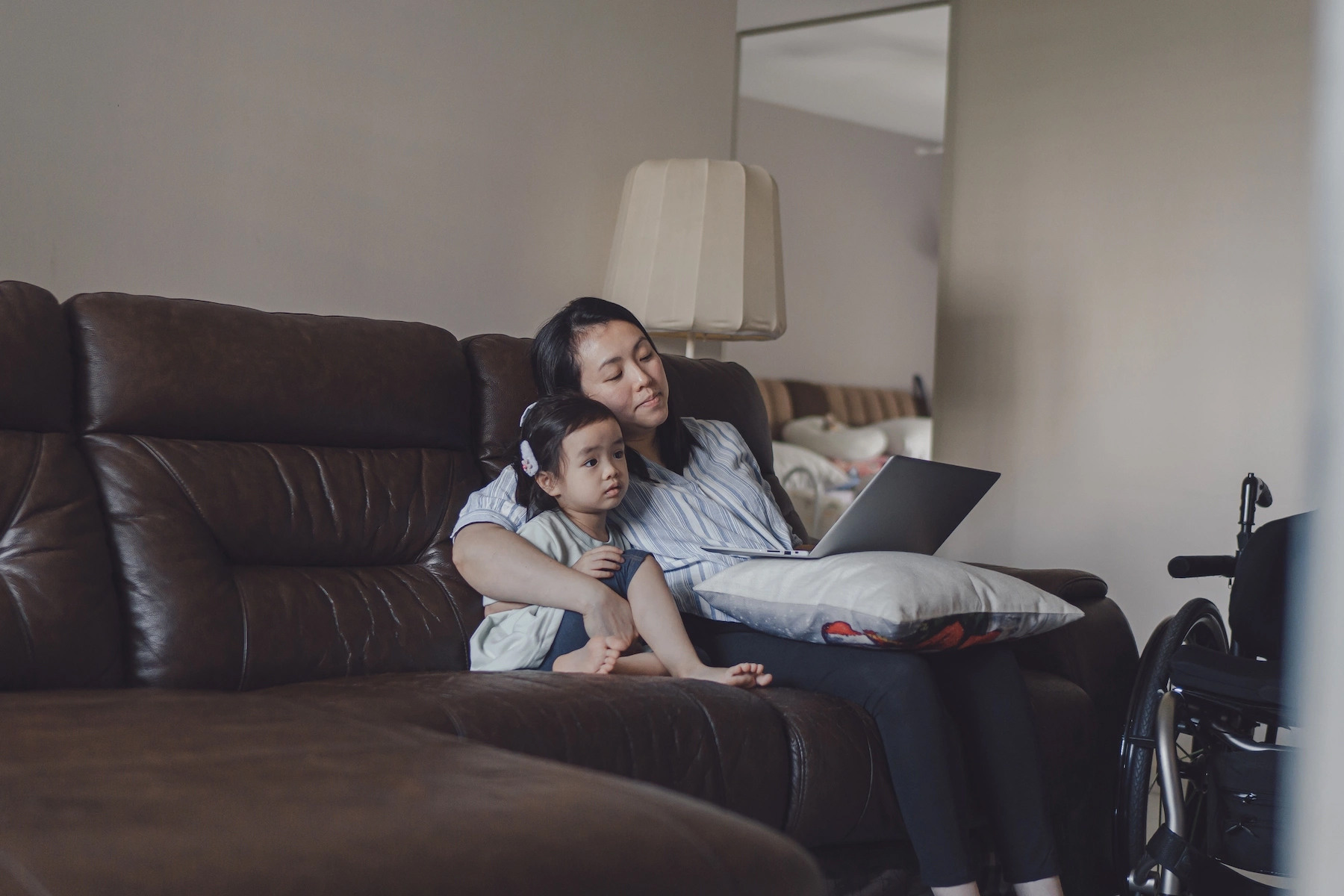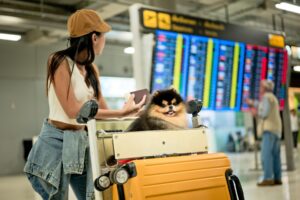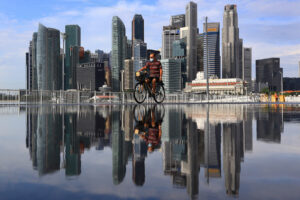You’ve got a lot to look forward to when you move to a new country, from world-class street food to great parks, galleries, and museums. But in your first week in Singapore, you’ll be more interested in setting up your new life. This article covers the ten most important things to do when you’re new in town, including finding a job and working out how the transport network operates.
Read on to learn all about:
- 1. Find your new home in your first week in Singapore
- 2. Register as a Singaporean resident
- 3. Sign up or register for healthcare in Singapore
- 4. Open a bank account in your first week in Singapore
- 5. Get a mobile phone and SIM card
- 6. Find a job in Singapore
- 7. Get your transport sorted in your first week in Singapore
- 8. Connect your new home in Singapore
- 9. Find a school for your children
- 10. Get out and enjoy Singapore
- Useful resources
Cigna Global
Enjoy peace of mind while living in Singapore with Cigna Global’s long-term international health insurance plans (12+ months). Get tailored coverage, direct billing with many providers, complex case management, and global care on demand, with access to a network of 1.5+ million doctors, specialists, and therapists.
1. Find your new home in your first week in Singapore
Probably the most essential thing to do within your first week in Singapore is to secure somewhere to live, unless you’ve already managed to arrange this. As most people live in apartments in Singapore, looking at renting or buying one is your best bet.
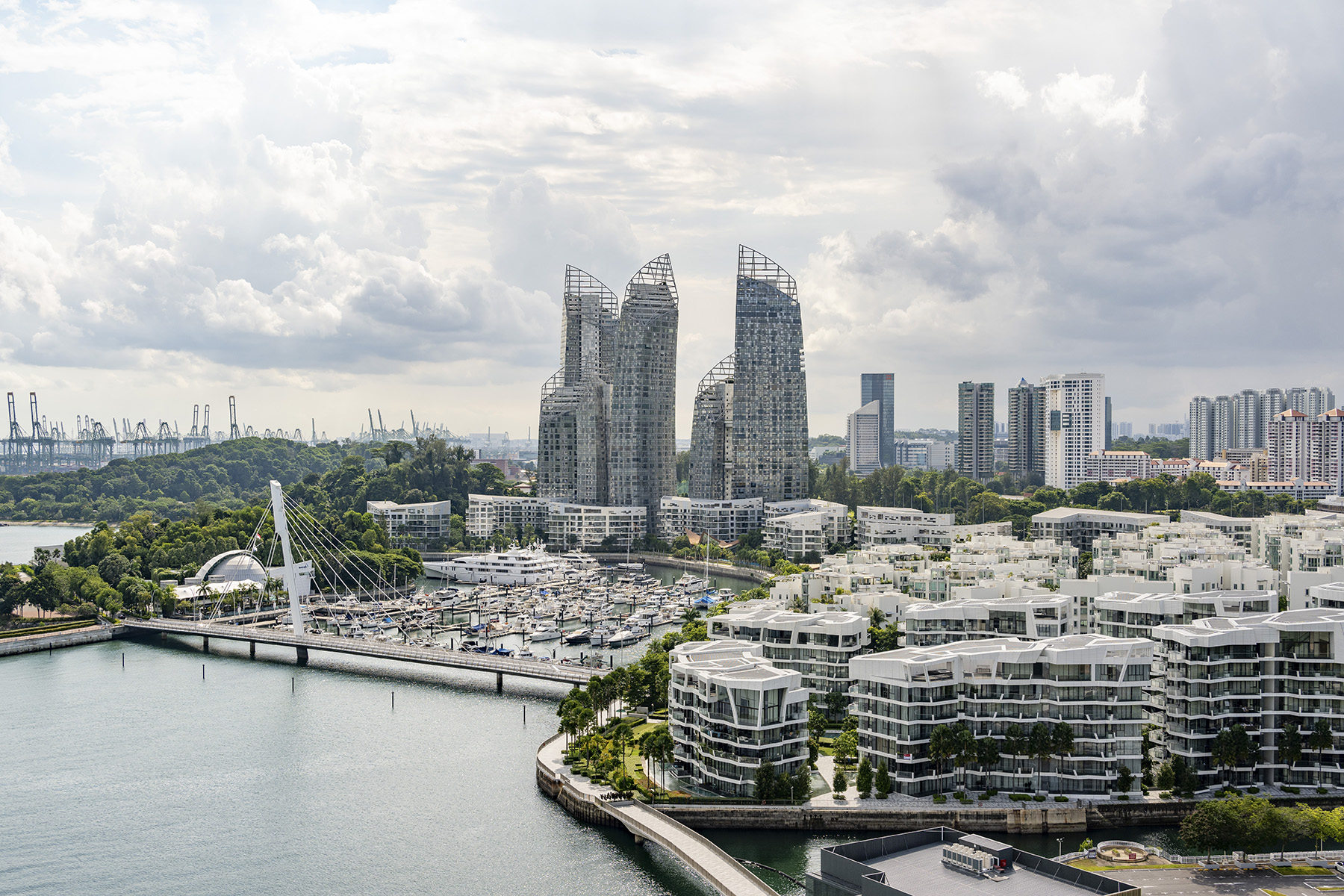
Most internationals live in condominium buildings, which are generally modern and well-designed with extra amenities like pools and gyms. Of course, you would need to earn a decent wage.
The other more affordable option is to rent a Housing Development Board (HBD) apartment, a government-subsidized property without amenities. Indeed, rents are lower; however, these state-owned residential buildings have a foreign resident quota.
The best places to look for apartments are online. These housing websites have a wide selection of properties to buy and rent. They also have handy apps that you can use on the move:
Rental prices vary by area, with prices in the Central Business District ranging from around $5,000 to $8,000 for a 1,000-square-foot apartment. Outside of this area, expect to pay $3,000 to $5,000 for a similar-sized place.
While looking for your perfect home, you can find short-term accommodation in hotels and serviced apartments. For example, you will find many options on Airbnb.
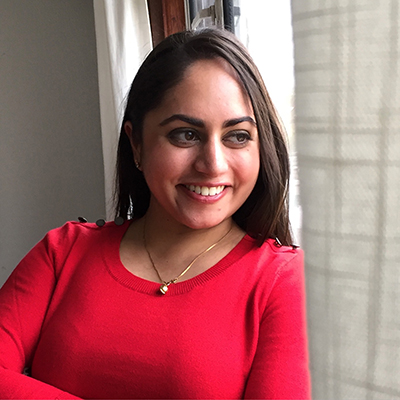
Local expert
Gayatri Bhaumik
Insider tip
The law in Singapore doesn’t allow residential properties to be rented for less than three months, so sticking with serviced apartments is recommended.
2. Register as a Singaporean resident
Most foreigners arriving in Singapore will already have a work or dependant visa sponsored by their employer.
After arrival, you need to collect your Singapore Work Pass, which will be one of the following:
- An Employee Pass: For professionals earning at least $5,000 per month
- An EntrePass: For entrepreneurs looking to set up a business in Singapore
- An S-Pass: For skilled workers who earn at least $3,150 a month
Depending on your pass type and your employer, you may automatically receive your work pass in the mail shortly after arrival. Alternatively, you need to go to a Ministry of Manpower (MOM) Employment Pass Services Center to collect your pass.
Once you have your work pass, you can sign up for a SingPass account, giving you access to all available government services. You can also manage your digital ID card and tax account via the app – which is essential for new Singapore residents.
3. Sign up or register for healthcare in Singapore
Singapore has an excellent healthcare system with well-trained doctors and modern hospitals. Additionally, prices are reasonable compared to healthcare costs in countries without a universal, subsidized healthcare system.
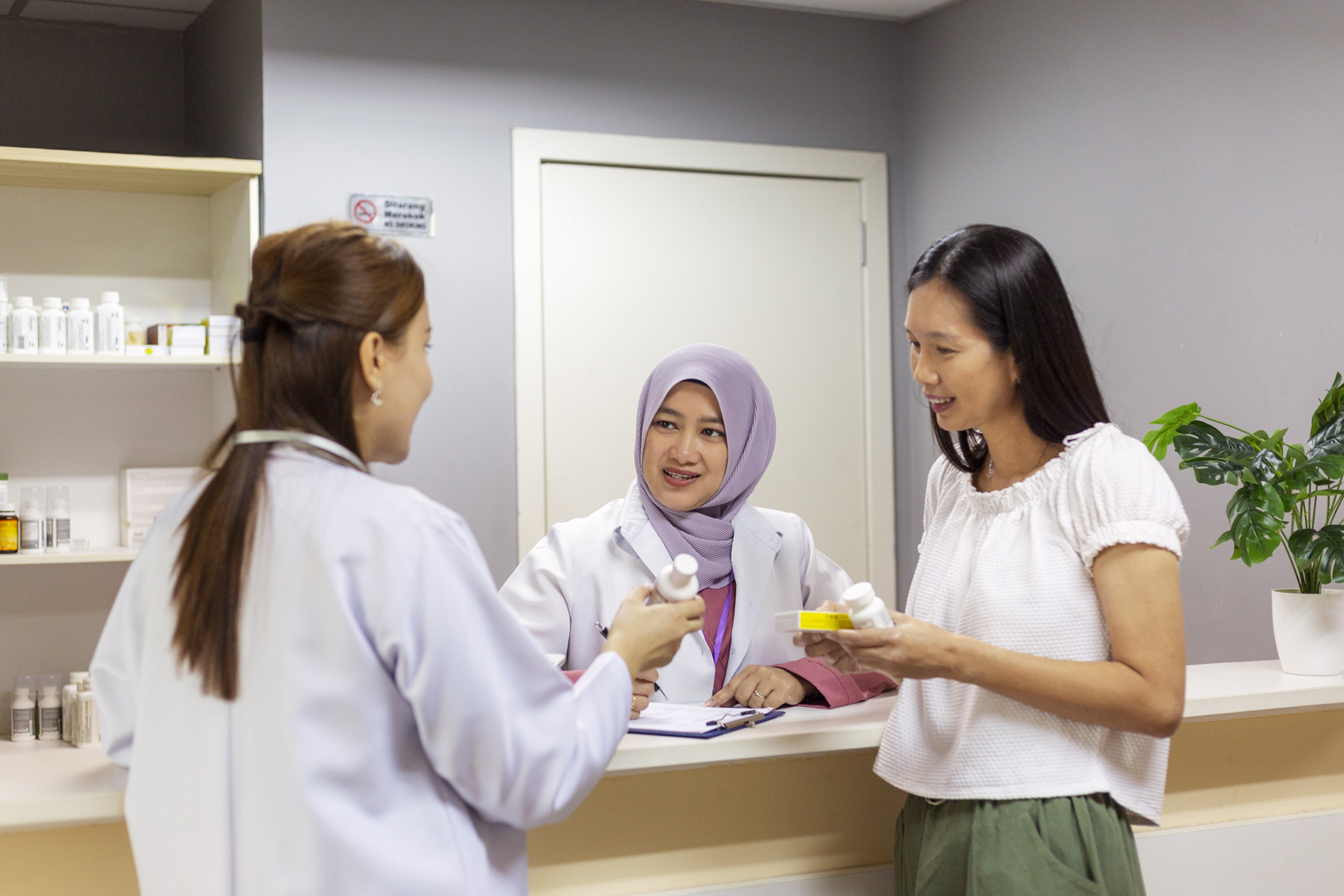
Unless you are a permanent resident in Singapore, though, you’re not eligible for the state-subsidized MediShield and MediSave health plans. This means sorting out private health insurance should be at the top of your to-do list within your first week in Singapore. You can look at companies such as:
If you work for a large employer, you will likely be covered under their group insurance plan; otherwise, purchasing it should be a priority.
Registering with a doctor or hospital is straightforward, especially as most expats opt for private hospitals. Simply visit your nearest GP clinic with your ID to register.
On arrival, because accidents happen, you should save the local emergency numbers on your phone.
4. Open a bank account in your first week in Singapore
As soon as you have your work pass, opening a bank account is a good idea. This will be needed for receiving your salary and paying bills.
Singapore has a wide range of banks with decent online and mobile banking services. Still, check and compare fees when opening a new account.
Opening a new bank account is easy, but you must remember to take the following documentation to the nearest branch:
- Your passport
- Work pass
- Proof of address
- Company ID
5. Get a mobile phone and SIM card
Making sure you’re connected and have a phone number is essential when you move to a new country. You’ll need a phone number for things like renting a house or finding a job. Luckily, getting a new SIM card is easy in Singapore.

When you arrive, you can use your overseas phone number if you have roaming enabled, but that can get expensive. A better idea is to get a cheap prepaid SIM on arrival and then switch over to postpaid when you have your work pass in hand.
The various mobile operators in Singapore have outlets at Changi Airport and shops around the city, including SingTel and StarHub. Simply take your passport in to get a prepaid SIM. They offer a range of deals with varying sizes of data bundles and minutes.
Of course, if you will be using your phone a lot to access local apps, ensure you get a decent amount of data.
6. Find a job in Singapore
Singapore is a top-rated destination for internationals working in business, as it is a major finance hub. For instance, many employment opportunities exist in banking, healthcare, law, information technology, and science.
Some popular sites where you can look for jobs in Singapore include:

Local expert
Gayatri Bhaumik
Insider tip
Most expats secure a job before moving to the country, as it makes the relocation process smoother.
Another option is to start a business in Singapore. The country has a lively startup scene, favorable tax rates, strong IP protection, and regulations that favor companies. There is even a specific visa for internationals starting a venture-backed business or one based on innovative technologies, the EntrePass.
7. Get your transport sorted in your first week in Singapore
Most people in Singapore regularly use the excellent public transport system. The country has a fantastic network of buses and metro lines, which are safe, clean, and affordable.
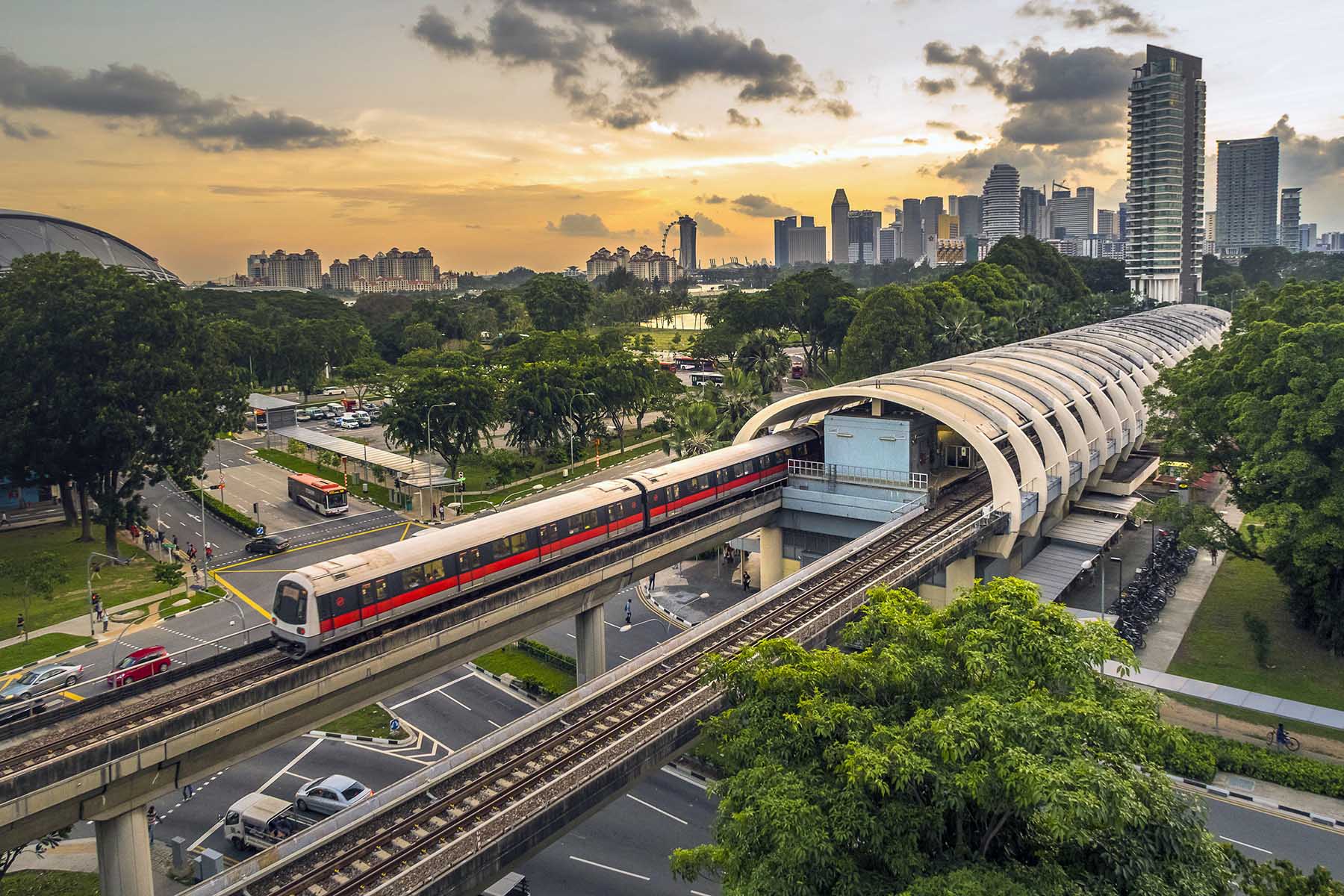
In fact, many residents choose where to live based on the best public transport routes to their work.

Local expert
Gayatri Bhaumik
Insider tip
Be sure to get an EZ-LINK card when you arrive to make traveling on public transport a breeze.
If you’d rather drive yourself, owning a car in Singapore as an expat is possible but expensive. As the country is so small, they limit the number of vehicles on the roads with a Certificates Of Entitlement (COE) system. Before you can buy a car, you need to get a COE, so in your first weeks in Singapore, you’ll probably rely more on public transport and taxis.
However, as long as you have a work pass, you can drive on your valid foreign license with an International Driving Permit (IDP) for up to 12 months.
8. Connect your new home in Singapore
Within your first week in Singapore, you want to set up your utilities, which is a relatively straightforward process. You simply create one account with SP Services to manage your water, electricity, and gas bills.
As soon as you have your rental contract, it’s a good idea to open an SP utilities account. You will need a Foreign Identification Number (FIN), which you get with your work pass. Most landlords and agents will be able to help you with this process.
It generally takes about seven days for your account to be set up and your utilities to be active. Then, you can manage it via the SP Services website, app, and customer service center.
You’ll also want to get your home telephone, internet, and TV working, which is usually done through a single company. You may also get a package deal by bundling various services, including mobile. Options include:
It generally only takes a few days to get connected.
9. Find a school for your children
If you’re bringing your little ones to Singapore, childcare and education are key priorities. Children generally start school at age six, and international students can attend Singapore state schools. However, they are not guaranteed a place and will need to take an entrance exam and English aptitude tests.
Your children will either need to be on a dependant pass, a student pass or have an immigration exemption order to be able to register for school.
Another option is international schools, and with more than 90 on offer, you can choose from a wide range of curriculum options in Singapore.
If you have younger children, there are various childcare options, from domestic helpers to babysitters, nurseries, and preschools. However, it’s also essential to plan ahead when bringing young children to Singapore, as there can be long waiting lists for childcare facilities.
English-speaking expats may be happy to know that the primary language of instruction in Singapore is English. However, depending on where your children attend school, they may also make friends with other students who speak Chinese, Malay, or Tamil as their mother tongue. So, learning at least one of these languages could be beneficial for their cultural immersion.
10. Get out and enjoy Singapore
When you arrive in Singapore, don’t forget to enjoy yourself. Being such a safe city, it’s a great idea to explore your new home on foot in your first few weeks in Singapore, as long as you can cope with the heat.
Singapore has a varied and exciting cultural life for such a small country. The food culture is significant, and you can find excellent meals, from cheap street food at hawker centers to world-class fine dining at the city’s many Michelin-starred restaurants.
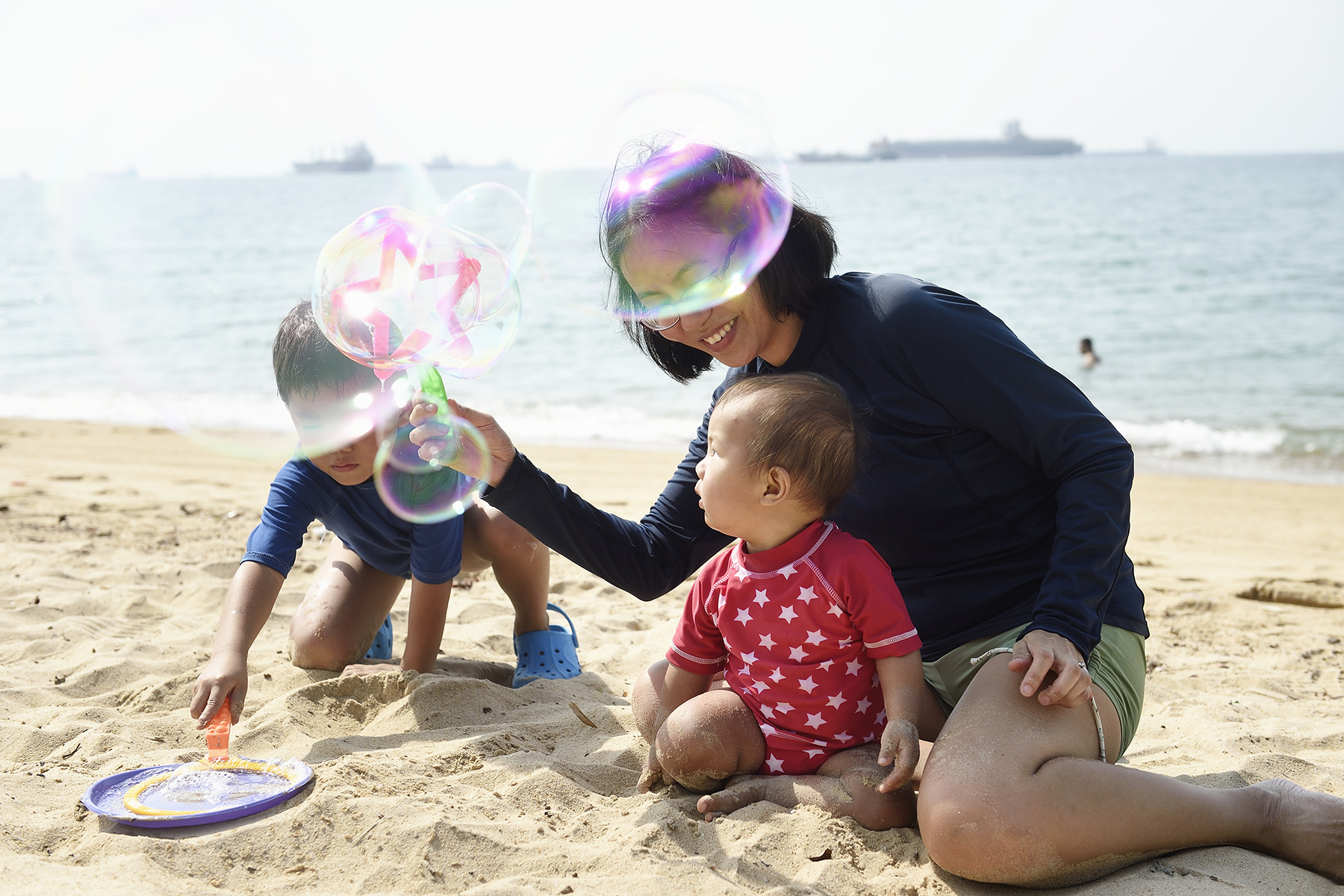
You can also take a break from all the relocation tasks by exploring the many parks, beaches, and nature reserves. Some of the top places to visit include:
- The Gardens in the Bay
- The Botanic Gardens
- Bukit Timah Nature Reserve
- Sentosa
With such a diverse population, you’ll also experience various cultural and religious festivals. Of course, the city is home to fantastic art galleries and museums, like the ArtScience Museum, the National Gallery of Singapore, and the Asian Civilization Museum.
Useful resources
- SingPass – the government’s digital identity app
- Ministry of Manpower (MOM) – information on work passes and work visas
- SP Services – for managing utilities
- Ministry of Education (MOE) – information for international students
